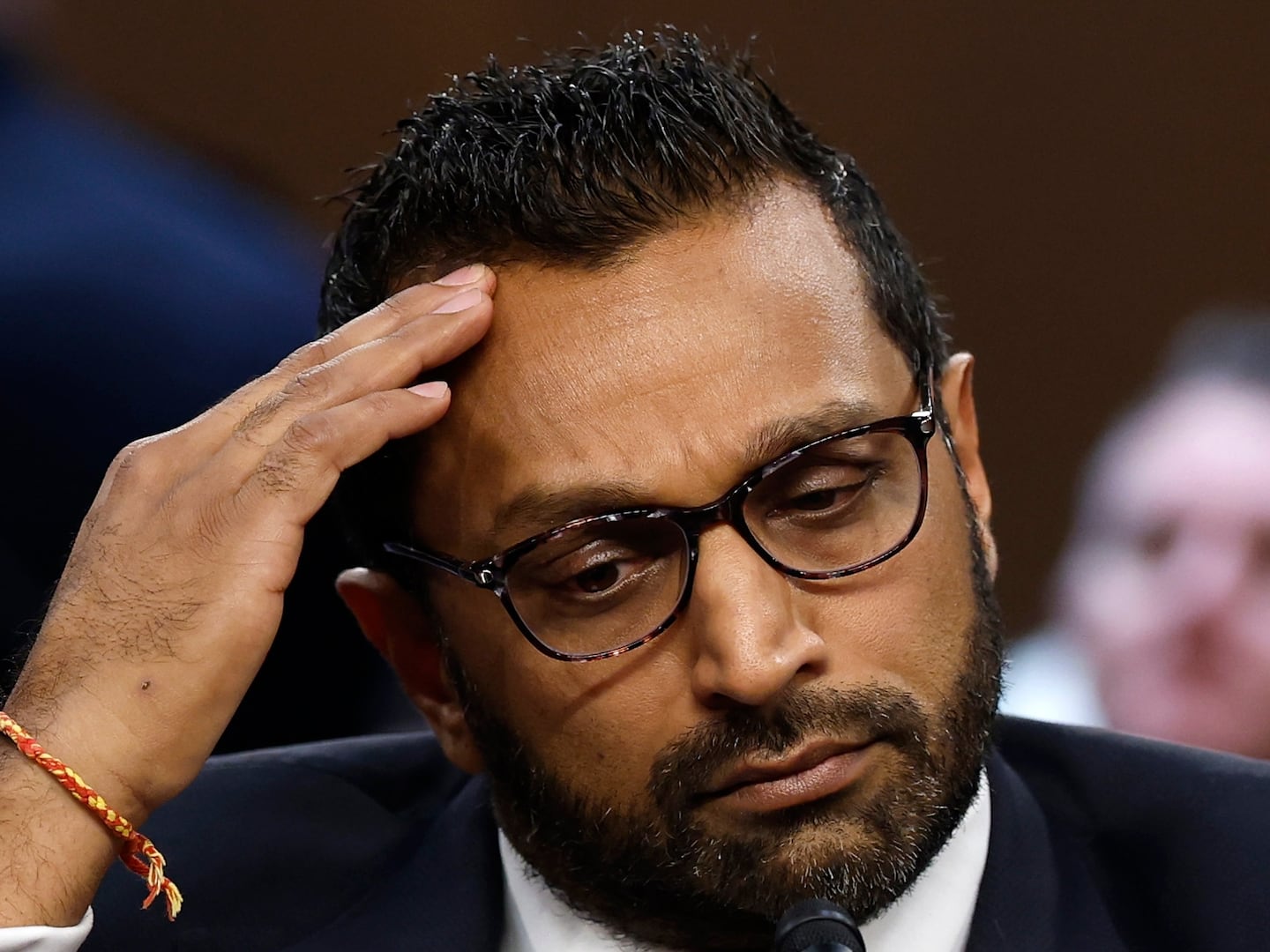Outrage has erupted after a trophy hunter killed a lion named Blondie after allegedly luring it out of a wildlife reserve.
Blondie was part of an Oxford University study, and Africa Geographic, the safari company that sponsored Blondie’s tracking collar, claims that the 5-year-old male lion was coaxed with bait into a hunting area over a period of weeks in June.
The company also posted a photo to Facebook that they say shows the hunter and his guides standing over the lion’s carcass.
ADVERTISEMENT
Africa Geographic CEO Simon Espley told the Associated Press that the killing made “a mockery of the ethics” that hunters say they hold, as Blondie was a breeding male in his prime with a visible collar.

“That Blondie’s prominent collar did not prevent him from being offered to a hunting client confirms the stark reality that no lion is safe from trophy hunting guns,” Espley said.
Tinashe Farawo, a spokesperson for Zimbabwe Parks and Wildlife Management Authority, defended the slaying in a statement to the AP.
He said that he is not aware of evidence that Blondie was lured but added that there “is nothing unethical or illegal about that for anyone who knows how lions are hunted. This is how people hunt.”

“Our rangers were present,” Farawo said. “All paperwork was in order. Collars are for research purposes, but they don’t make the animal immune to hunting.”
Farawo declined to reveal the hunter’s identity to the Associated Press, and while there has been speculation about the person’s identity, it remains unconfirmed.
While hunting lions has been banned in some African nations, it remains legal in Zimbabwe. Lions are classified as a vulnerable species, with just 20,000 remaining in Africa.
Blondie’s death echoes the slaying of Cecil, a lion from the same reserve in Zimbabwe, who was lured away and killed by an American hunter almost exactly 10 years earlier.
The killing of Cecil ignited fury and protests against the hunter behind it—Minnesota dentist Walter Palmer—and brought attention to the issue of big game trophy hunting.
Palmer reportedly paid $50,000 to his guides to help give him the opportunity to kill Cecil, which he did using a bow and arrow.
After the outcry, Palmer expressed regret.
“If I had known this lion had a name and was important to the country or a study, obviously I wouldn’t have taken it,” he said. “Nobody in our hunting party knew before or after the name of this lion.”






